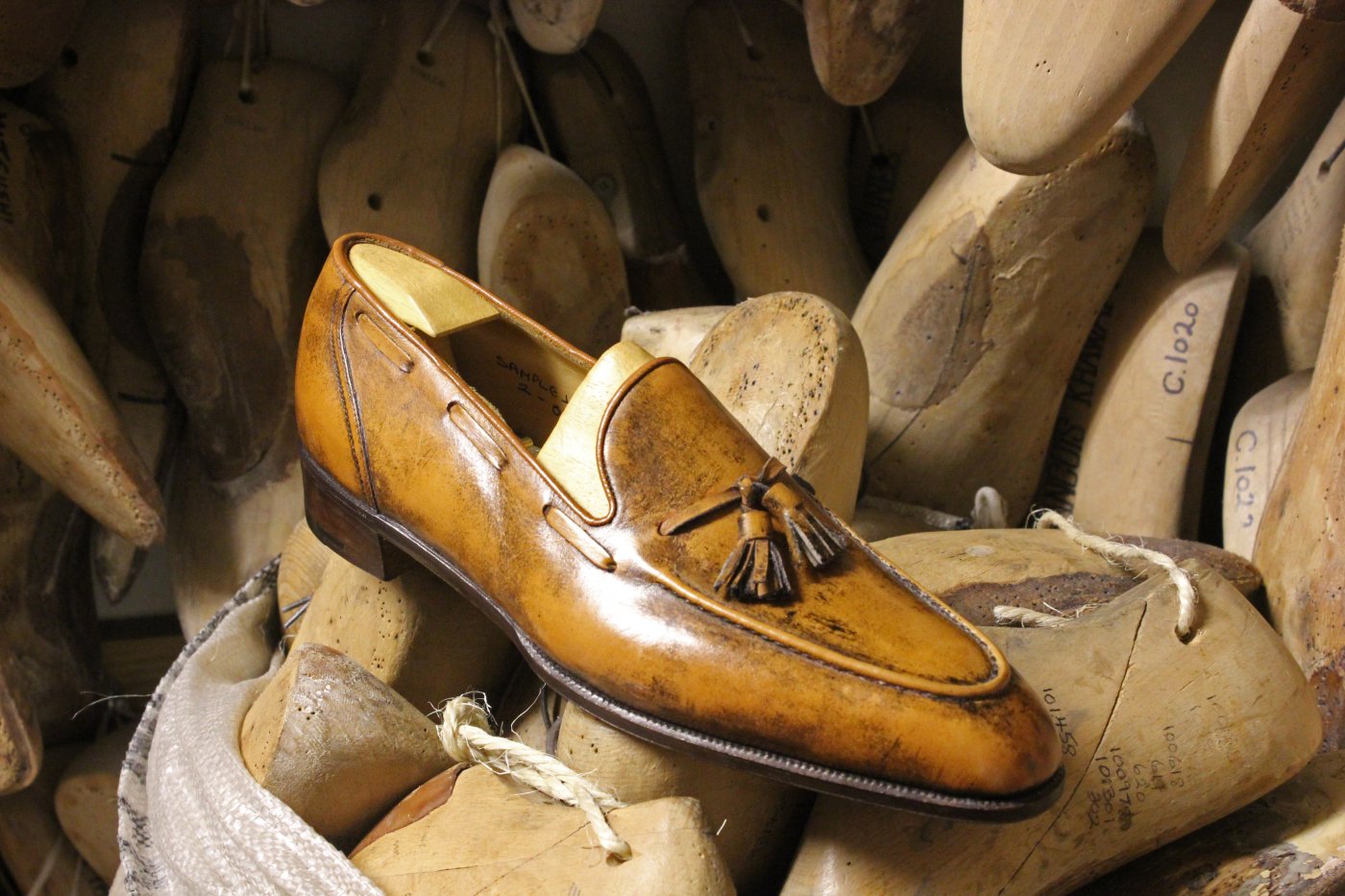10 Things You Need to Know Before Buying a Classic Sports Car
As more and more wannabe collectors flock to the classic sports car market, many budding enthusiasts are looking for ways to make a solid investment on a car that isn’t going to cost them and arm and a leg to maintain. Buying classic sports cars like the Ferrari 308 (main image) and Porsche 928 can be one of the most rewarding investments available — but is not without its share of risk.
Failing to research properly and buying the wrong car can make your purchase dissolve into a rolling money pit that requires costly maintenance in order to stay up and running. In this guest post from mechanic and motoring enthusiast Giles Kirkland, we take a look at 10 ways buyers can avoid pitfalls when buying a classic sports car (particularly, more affordable models from the 1970s and ’80s).
A classic Benz 450 SL. As Alexander Kraft wrote in his Menswear 10 Commandments, “instead of a new Honda, why not buy a vintage (but well maintained) Mercedes SL? Same price, but light years ahead in style, and an excellent long-term investment.”
1. If You See Rust, Run!
The number one rule when buying a classic sports car is to avoid any purchase with considerable amount of rust. Most parts of a car can be repaired or replaced, but if your car is rusty, it’s much harder to keep it looking presentable. If you put down money on a rusty vehicle, you’re paying for a money pit of maintenance and hassle. You’ll be much better off finding a nicer car than pumping money into a car that’s just going to look shabby.
2. Go Low Mileage
One of the biggest indicators of a car’s longevity is the miles on the speedometer. A general rule to go by is the fewer miles accumulated over the car’s lifetime, the more the car’s worth. That being said, cars that have been well maintained can buck this trend and run well despite having high mileages, but it’s a good idea to tread carefully, as buying high-mileage cars is a bit of an art.
The BMW 635 CSI: A beautiful Teutonic two-door for 'Moonlighting' sentimentalists.
3. Follow Your Passion
As investment, a car is not completely failsafe. It’s very easy for your car to depreciate in value either due to its upkeep or fluctuations in the market, so buy a car you’re passionate about. Buying a car you don’t have any interest in is going to turn regular upkeep into a chore. Passion will help keep you going through dark days of costs and maintenance.
4. Study History
When dealing with a seller it’s important to understand the car’s history and any evidence that supports it. Service logs or invoices will help to reveal how much maintenance the car has needed, and whether or not it’s in good working order. Reliable dealers will provide you with detailed information like bills, MOTs and expired tax discs to testify to the car’s value.
Unpopular with Ferrari purists in its day, but becoming increasingly collectible, the Mondial can be picked up for around $40,000 right now.
5. Do Your Research
Read up, and know your model. Part of making any sound investment is to know where your money is going. Research will help you to find out that models like the Jaguar XJS have never had the best of reputations as far as reliability is concerned, and are quite expensive to maintain. Likewise, the Aston Martin DB6 Coupe is a great investment as it was produced in limited numbers, making it likely that the overall value of this classic will soon increase.
6. What Goes Up Can Come Down
With any classic car purchase you need to expect market fluctuations. Just like real estate, the classic car market fluctuates regularly. Classics like the Porsche 993 are currently soaring in value, but that market trend will not last forever. It’s important to be prepared for your car to decrease in value, and to wait for the market to balance itself back out when it does.
A gorgeous automobile, however beware: the Jaguar XJ-S may end up costing nearly as much to run and maintain as that private jet there.
7. Be Critical
Buying a classic car can be a very exciting prospect but it’s essential that you scrutinize your purchase thoroughly. Classic sports cars will require a lot of work, so question whether you’d be better off with a newer car with less wear and tear. Be realistic about cars that will cause you issues in terms of maintenance and unexpected costs, as this will ensure you have realistic expectations.
8. Shop Around For Insurance
Sure, it’s not the most glamorous part about buying a classic car but it is very important to insure your purchase. It’s a good idea to shop around different insurers to try and get the best price for your classic model. Try to find an insurance company that specialises in classic sports cars and older vehicles. If you don’t use the car on a day-to-day basis, you may even find some favourable premiums.
The supercar on every red-blooded boy's wall in the 1980s, prices for a vintage Lamborghini Countach are skyrocketing, thanks to many of those now grown-up lads snapping up their adolescent dream-mobile.










